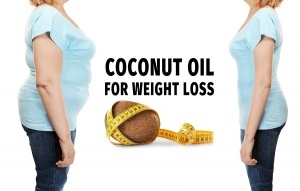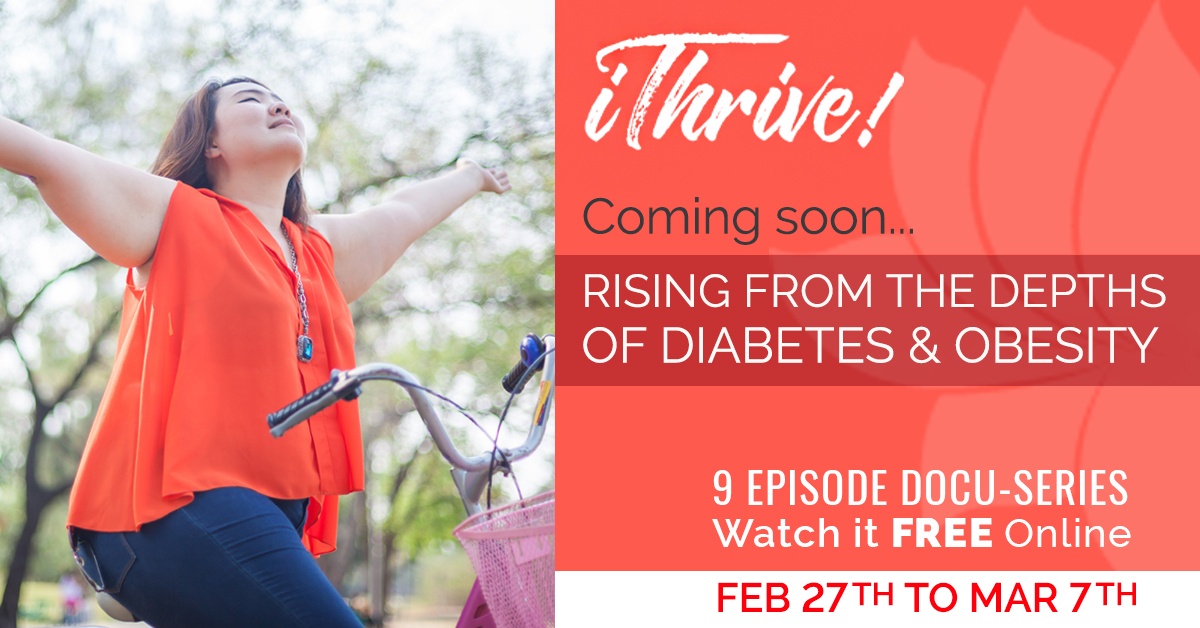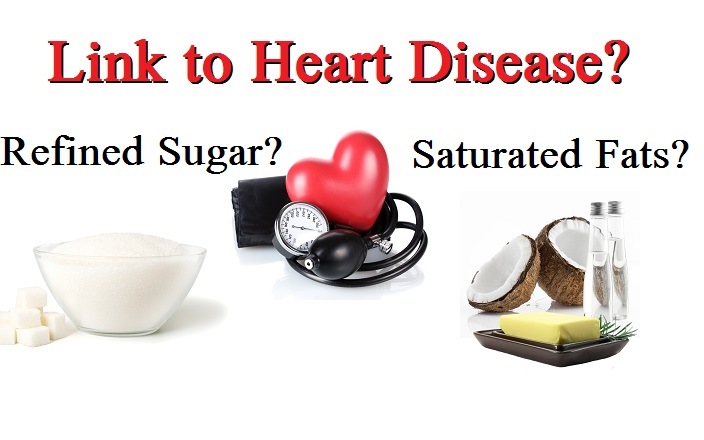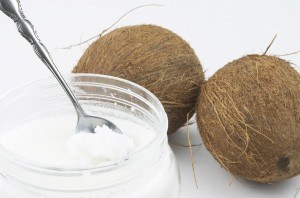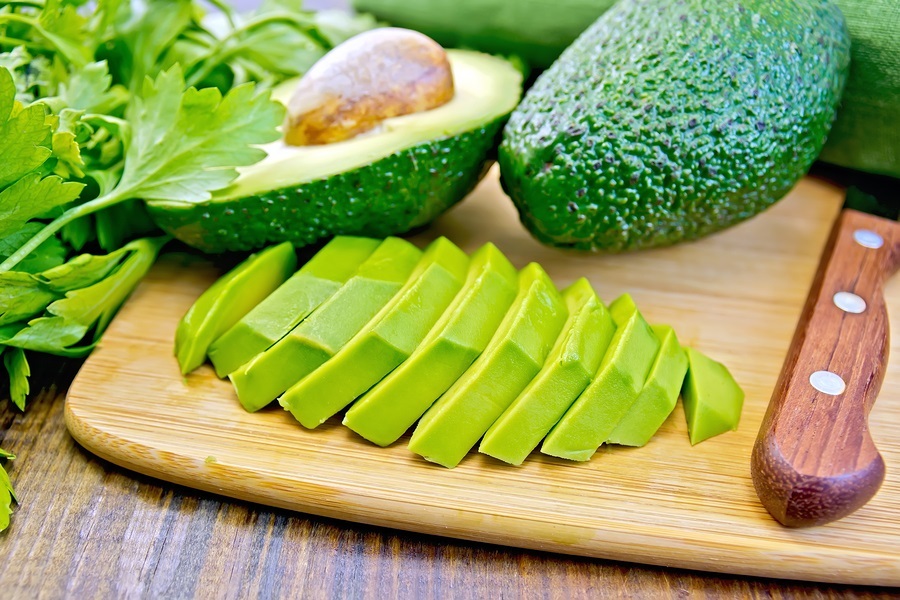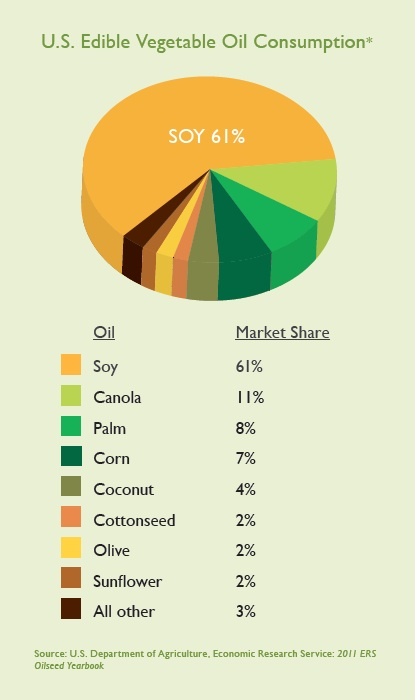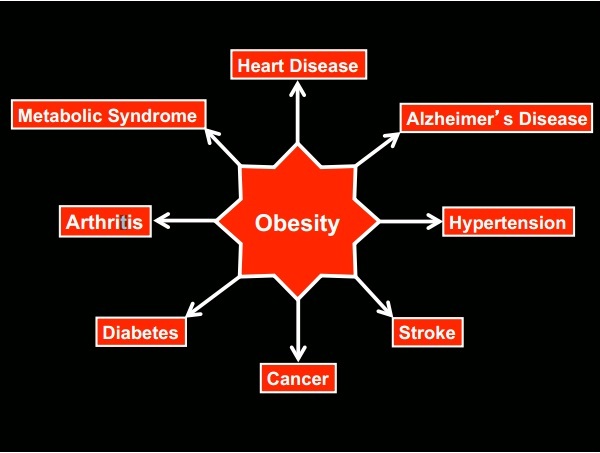Study: Virgin Coconut Oil Better than Drugs in Treating Diabetes and Obesity
Researchers in Brazil recently completed an animal study to determine if virgin coconut oil (VCO) could replace pharmaceutical drugs for reducing obesity and its attendant co-morbid inflammatory and diabetic conditions. The researchers refuted the misguided conventional thinking of saturated fats causing obesity. They wanted to investigate the saturated fat coconut oil as a functional food to replace pharmaceutical drugs currently used for obesity that cause adverse side effects. The Brazilian researchers also expressed concern with the abundant schemes and dietary efforts at reducing calories that are impractical and difficult to maintain, not to mention often unhealthy. Using refined carbohydrates and processed vegetable oils to avoid saturated fat is the lifestyle of the unhealthy, as the standard American diet (SAD) has proven. The researchers used refined carbohydrates to create adiposity in their experimental mice. Refined carbohydrates such as sugar, high fructose corn syrup, and flours used in processed foods are pervasive in our culture and have been recognized by many scientists open to the truth as the real culprits behind obesity, diabetes, and heart disease.




